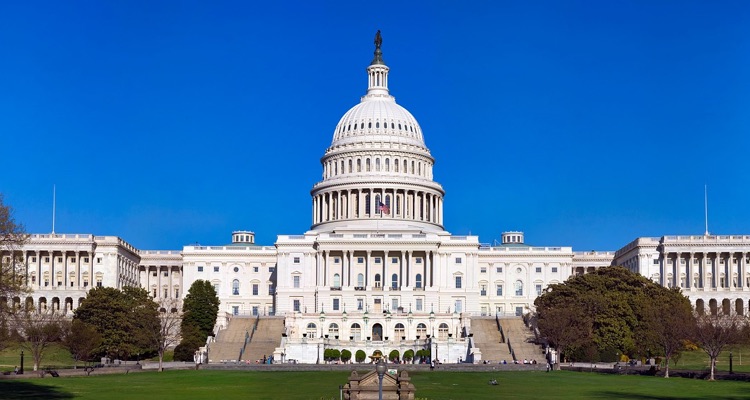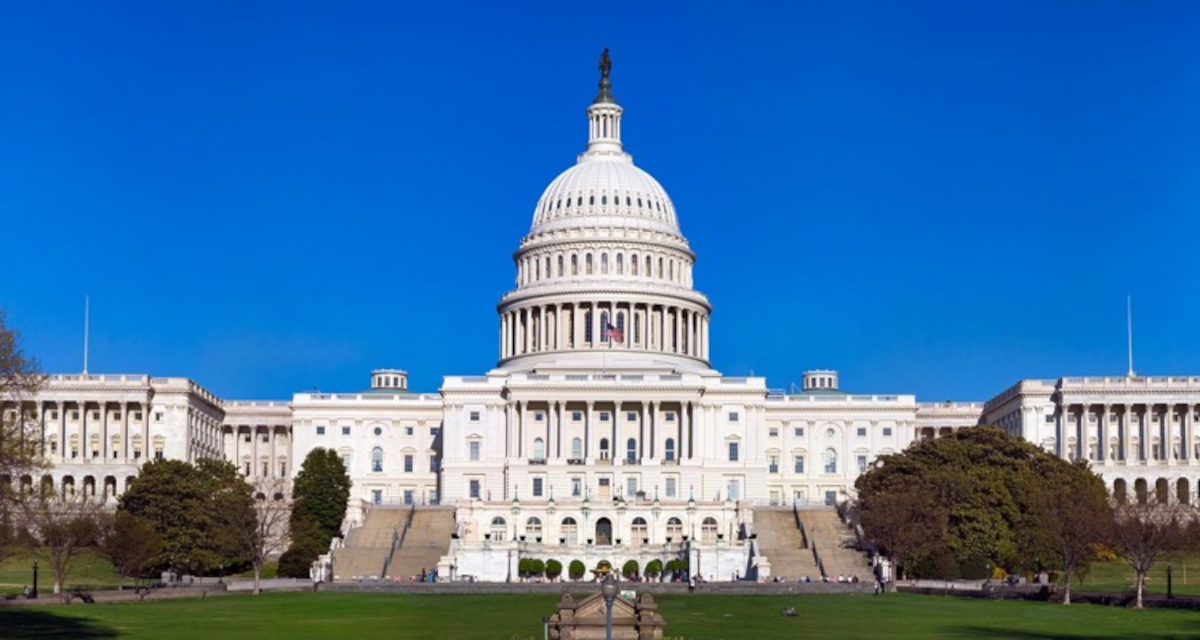
Less than one month ago, the Department of Justice (DOJ) refused to change the 80-year-old BMI and ASCAP consent decrees. The music industry is already petitioning the ruling, however, and retailers, radio, and tech companies aren’t happy about the prompt response.
In explaining the decision to forego repealing the long-debated BMI and ASCAP consent decrees, Makan Delrahim, former assistant attorney general for the DOJ’s Antitrust Division, mentioned many of the same points that the Department of Justice highlighted upon closing a separate consent-decree investigation in 2016.
Worth noting is that the latter inquiry also failed to produce changes to the consent decrees, which dictate the pricing and other operational specifics for performance rights organizations (PROs). BMI and ASCAP have long opposed the measures (in a joint statement, they called on the DOJ to replace them “with newly formed decrees that would protect all parties”), but Delrahim specified that “many licensees expressed the view that the decrees are largely working.”
The music industry has already taken steps to petition the ruling, though, and the MIC Coalition, which represents broadcasters, venues, bars and restaurants, and other entities that utilize public performance licenses, has responded by formally expressing opposition to reforming the roughly eight-decade-old consent decrees.
Specifically, the MIC Coalition has penned two letters – one of which is addressed to the president, the other of which is addressed to congressional leaders – outlining its stance. The messages, while similar in style and tone, are unique; that which reached members of Congress, for instance, states that lawmakers should “continue the important work of looking ahead to how to further improve transparency and strengthen the system.”
(As an aside, Congress quietly slipped multiple copyright bills, including the CASE Act and a felony streaming law, into the 5,593-page-long stimulus legislation that passed in late December.)
“It has recently come to our attention that some in the music community plan to petition – on a regular basis going forward – the Justice Department to conduct additional reviews of the existing consent decrees with the hope of one day weakening the longstanding protections embodied therein,” the MIC Coalition wrote in its letter to the president.
“Weakening either decree would undoubtedly expose a countless number of licensees to anticompetitive pricing and jeopardize the financial solvency of a considerable number of small businesses that often serve as the economic lifeblood for local communities throughout the country,” the MIC Coalition also indicated in this initial correspondence, emphasizing the points’ broader implications as many businesses struggle to stay afloat amid the pandemic.
And as mentioned, the letter to all four congressional leaders seems to lay the groundwork for discussions on future licensing reforms (“we welcome the opportunity to virtually meet with you and your staff to discuss music licensing policies”), while reiterating that DOJ officials in the previous two administrations opted against rolling back the consent decrees.
MIC Coalition members including the Brewers Association, the National Association of Broadcasters, and the Radio Music License Committee signed off on the letters, and it’ll be worth monitoring the decades-running battle over the BMI and ASCAP consent decrees moving forward.
More as this develops.

